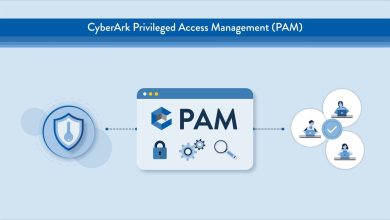Google to Delete Billions of Browsing Records in Incognito Mode Privacy Lawsuit Settlement

In a move that underscores eroding user trust in its privacy protections, Google has agreed to delete billions of browsing records collected from users in Chrome’s Incognito mode. This settlement comes after a lawsuit alleged that Google misled users by collecting data even when they were browsing privately. Incognito mode, designed to prevent browsing history from being saved on a device, is no longer seen as a guaranteed shield for online privacy.
What is Incognito Mode?
Incognito mode, also known as private browsing mode, is a feature in web browsers like Chrome that allows users to browse the Internet without their browsing history, cookies, and site data being saved on the device. This means your activity won’t show up in your browsing history, so others who use the same device won’t see it. However, it’s important to note that Incognito mode doesn’t necessarily make your browsing completely private. Your Internet service provider, websites you visit, and even employers or schools can potentially still track your activity.
The Lawsuit and Settlement
The lawsuit, filed in 2020, claimed that Google collected data on users even when they were browsing in Incognito mode. This data collection, according to the lawsuit, could reveal sensitive information about users’ interests and online activity. Google has maintained the data was never used for personalisation, but as part of the settlement, they have agreed to delete billions of these browsing records. The settlement also requires Google to:
- Block third-party tracking cookies by default in Chrome’s Incognito mode for the next five years.
- Update their disclosures about what data is collected in Incognito mode.
While the settlement doesn’t include any cash damages to users, it does represent a significant step towards holding Google accountable for its data collection practices. It also serves as a reminder to users that Incognito mode isn’t a foolproof way to ensure online privacy. It’s important to be aware of how your data can still be tracked and take additional steps to protect your privacy online.




